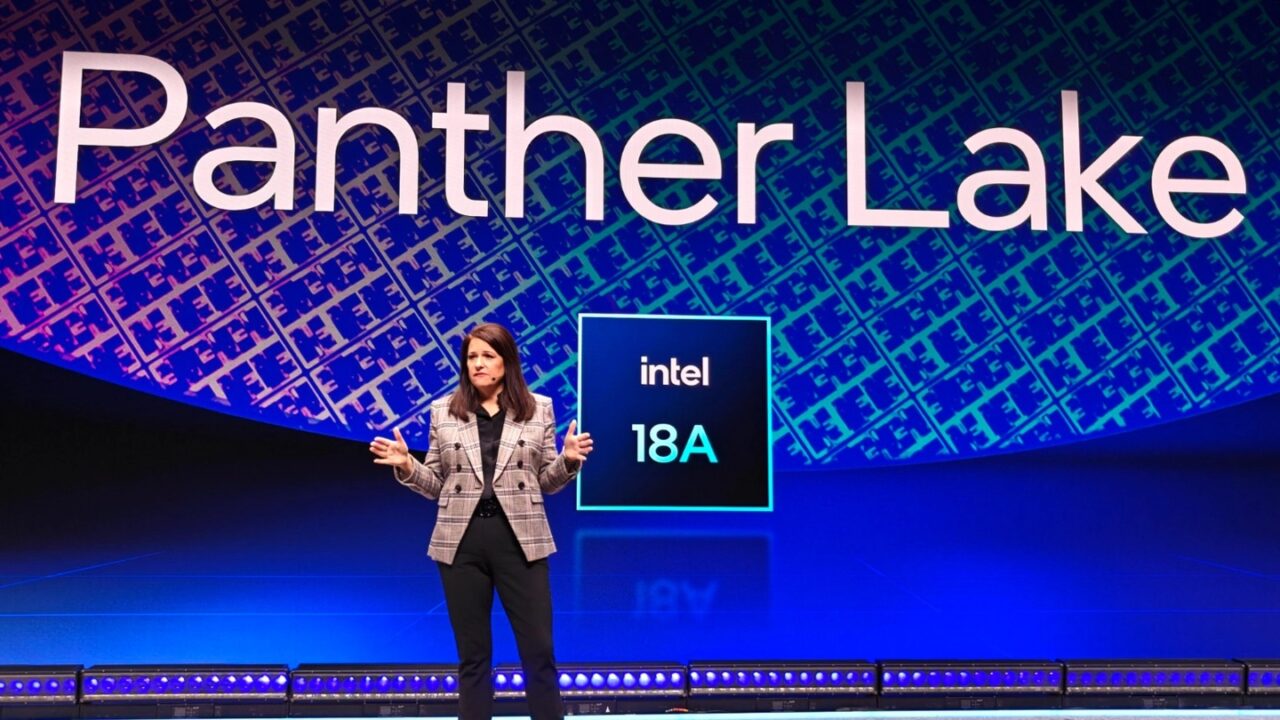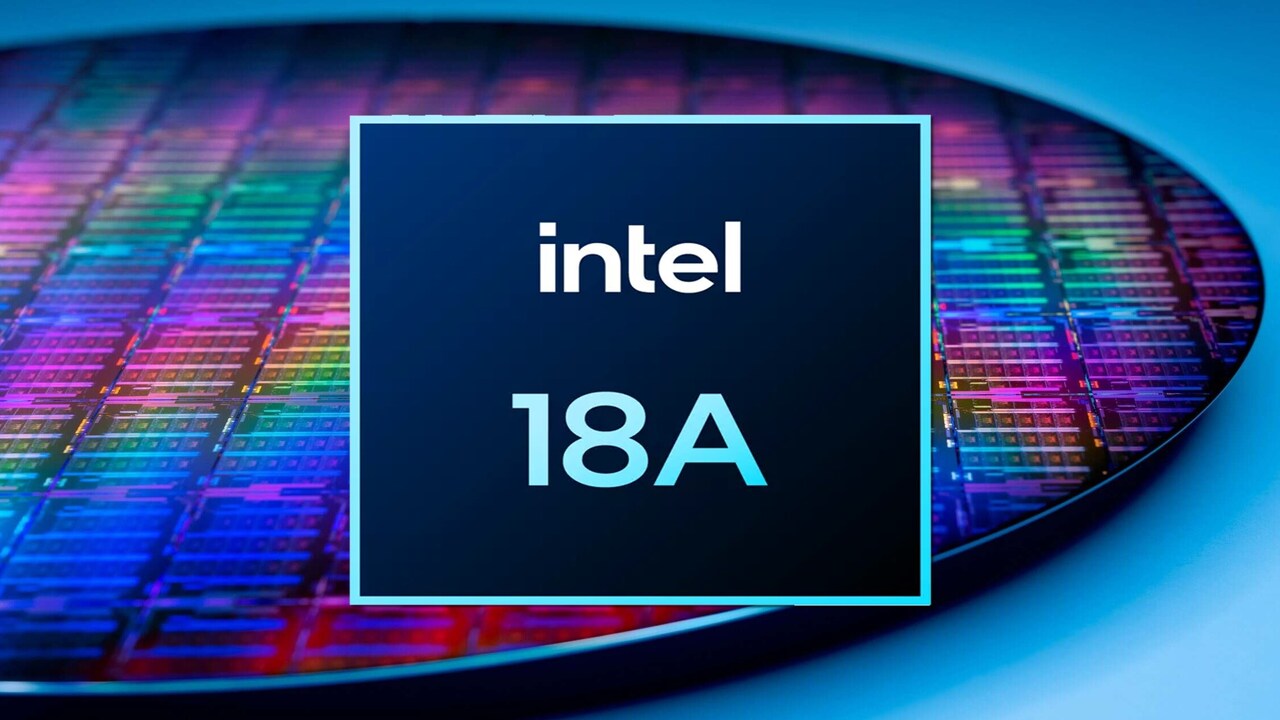Intel is preparing to postpone large-scale chip production for its long-developed 18A production process until 2026. Low yields in the developed production technology have forced the company to revise its planned schedule. According to internal sources, the current efficiency level is not considered sufficient for economically sustainable mass production.
Intel Postpones 18A Process
The company’s original goal was to use 18A technology in Panther Lake processors, initially developed for laptops, and to release these processors by the end of the year. Following this plan, the technology was also planned to be offered to external customers.

However, the low yields encountered in the production process have impacted this schedule. According to internal and external sources, Intel is now targeting 2026 for full-capacity production.
The 18A process holds a critical position among Intel’s advanced manufacturing technologies. The company’s history of low-yield early production has resulted in both financial losses and serious product quality issues.
Therefore, Intel CEO Lip-Bu Tan argues that higher yields must be achieved before high-volume production begins. Currently, yields are reportedly around 65 percent at best. This translates to 4 out of every 10 chips being non-functional.
The company is focusing on improving production quality rather than rushing the process. The goal is to make the production line more stable and efficient by 2026, ensuring both financial sustainability and increasing competitiveness with strong competitors like TSMC.
This development comes at a time when CEO Lip-Bu Tan’s recent relationship with China has been in the public spotlight. These difficulties the company is experiencing on the production side, combined with discussions within the management, are reportedly increasing pressure on Intel’s internal dynamics.













